Understanding and Annihilating the Beast
I have made it my ongoing–and fervent–mission to continue to shine a bright light on a certain demoralizing, insidious and horrific cycle of behavior that continues to be a growing concern within the LGBTQ Community. This is Part One of an ongoing series that will address this potentially life-threatening cycle of abuse.
This particular dysfunctional and destructive cycle of behavior is Intimate Partner Violence and Abuse (IPV/A), which is domestic violence and abuse (DVA) within the LGBTQ community.
According to The National Coalition of Anti-Violence Programs (NCAVP), it is “a pattern of behaviors utilized by one partner (the abuser or batterer) to exert and maintain control over another person (the survivor or victim) where there exists an intimate, loving and dependent relationship.” Each year, between 50,000-100,000 lesbians (or more) and as many as 500,000 (or more) gay/SGL men are battered. Again, IPV/A is no joke.
According to psychologists and authors Jeanne Segal and Melinda Smith, “Domestic violence and abuse are used for one purpose and one purpose only: to gain and maintain total control over you. Abusers use fear, guilt, shame, and intimidation to wear you down and keep you under his or her ‘thumb.’ Your abuser may also threaten you, hurt you, or hurt those around you. The bottom line is that abusive behavior is never acceptable. You deserve to feel valued, respected, and safe.”
Stigma is largely responsible for keeping this destructive behavior “swept under the rug,” which leads to it being dramatically under-reported. Therefore, figuratively, this keeps us (locked) in the closet. Stigma is the albatross around your neck, choking the hell outta ya.
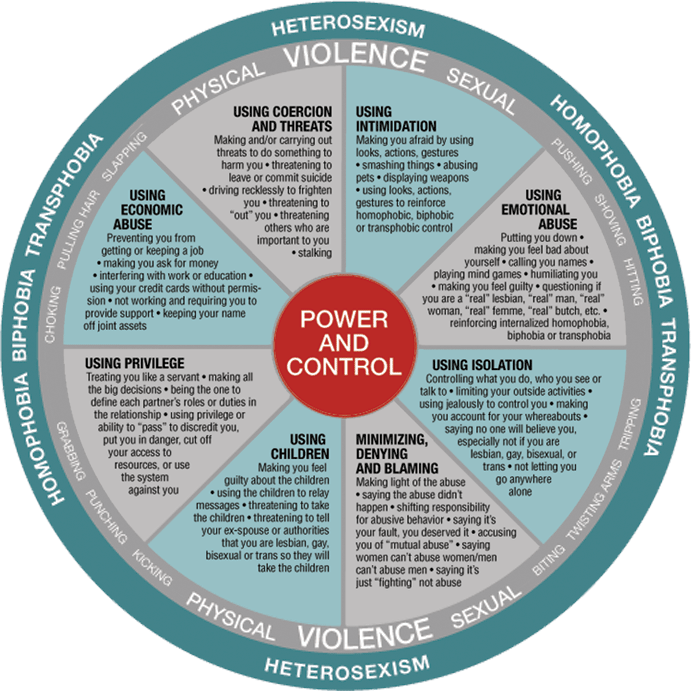
It’s All About CONTROL—and I Ain’t Talkin’ Janet (If You’re Nastee!)
There are multiple signs of Intimate Partner Violence and Abuse. The most telling is fear of your partner, that you feel you have to “walk on eggshells” around him/her. Other prominent signs: explaining/excusing frequent injuries as “accidents;” agreeing to everything your partner says/does; being forced into sexual activity.
Segal and Smith write that abusers employ a variety of methods and schemes to manipulate you and wield their power. These include:
- Dominance. Abusers need to feel in charge of the relationship.
- Humiliation. Abusers will do everything to make you feel worthless; therefore, you’re less likely to leave.
- Isolation. In efforts to increase your dependence, abusers will cut you off from the outside world.
- Intimidation. Your abuser may use a number of tactics designed to frighten you into submission.
- Threats. Abusers commonly use threats to keep you from leaving or to scare you into dropping criminal charges.
What’s complete cycle of IPV/A? According to the psychologists, it usually works like this:
- Abuse. It’s a power play intended to “keep you in line, and show you who’s boss.”
- Guilt. After abusing you, your partner feels guilt—but not over what he/she’s done! The abuser is more concerned about the possibility of being caught and facing consequences.
- Excuses. Your abuser rationalizes what he/she has done, devising a string of excuses or blaming you for the abusive behavior—anything to avoid taking responsibility.
- “Normal” Behavior. The abuser does everything to regain control and keep the victim in the relationship. Your abuser may act as if nothing has occurred. His/her apologies and loving overtures in between abusive episodes can make it difficult for you to leave. Your abuser may make you believe that you are the only person who can help, that things will be different, and that he/she truly loves you. However, the dangers of staying are very real.
- Fantasy and Planning. Your abuser starts to fantasize about abusing you again, spending a lot of time thinking about what you’ve done “wrong” and how he/she’ll make you pay. Next, the abuser devises a plan for turning the fantasy of abuse into reality.
A common question I receive in my seminars and workshops is, “Can abusers really control their behavior?” Well, my answer is: Oh, yes they can!”
- Abusers pick and choose whom to abuse.
- Abusers carefully choose when and where to strike.
- Violent abusers usually direct their blows where they won’t be seen.
And:
- Abusers are able to stop their abusive behavior when it benefits them. When it’s to their advantage, they immediately end their abusive behavior (for example, when the police arrive).

A Cold, Harsh and Bitter Reality
The National Coalition of Anti-Violence Programs (NCAVP) has found that people of color (POC) comprise 77% of the reports of LGBTQ and HIV-affected IPV homicides. As well:
- Transgender women were three times more likely to report experiencing sexual and financial violence.
- LGBTQ survivors with disabilities were two times more likely to be isolated by their abusive partner and four times more likely to experience financial violence.
- There was an increase in the percentage of undocumented survivors from 4% in 2014 to 9% in 2015.
- Forty-four percent of survivors attempting to access emergency shelter were denied and 71% reported being denied because of their gender identity.
- Out of the total number of survivors who interacted with law enforcement, 25% said that the police were either indifferent or hostile, and 31% of LGBTQ survivors who interacted with police said they experienced misarrest.
It is critical to consider the multiple identities and experiences of LGBTQ victims and survivors because they substantially impact their incidences of IPV/A. According to the NCAVP’s findings, the bias and discrimination that these communities experience everywhere–from workplaces to shelters–both makes them more vulnerable to IPV/A and creates unique barriers to accessing services. LGBTQ and HIV-affected people often experience workplace discrimination, making them less financially secure. Abusive partners often take advantage of financial insecurity to control their partners, as seen in the high number of survivors experiencing financial violence.
The findings also include survivor stories that illustrate some of the complicated, nuanced and intersectional ways LGBTQ individuals experience IPV/A. “We must start listening to the experiences of LGBTQ people of color, LGBTQ undocumented people, LGBTQ people with disabilities, and transgender and gender nonconforming individuals to learn more about what these communities need to feel safe,” stated Tre’Andre Valentine from The Network/La Red. (A few years back, I featured this Boston organization in Huffington Post Queer Voices.
Valentine continues. “We must protect, uplift, and center those within LGBTQ communities who have been traditionally isolated and shamed for their identities and experiences. It’s only with their voices at the center that we can truly begin the work of ending intimate partner violence against LGBTQ and HIV-affected people across the country.”
Now, major highlights from those NCAVP findings:
- LGBTQ People Experience IPV/A in Different Ways. Transgender women were three times more likely to report experiencing sexual violence and financial violence compared to survivors who were not transgender women. Additionally, LGBTQ survivors with disabilities were two times more likely to be isolated by their abusive partner and four times more likely to experience financial violence when compared to LGBTQ survivors without disabilities. “It’s vital that we understand the unique vulnerabilities to IPV and the unique barriers to accessing services for LGBTQ communities, particular LGBTQ people of color, LGBTQ people who are undocumented, transgender and gender nonconforming people, and LGBTQ people with disabilities,” stated Julia Berberan from SafeSpace at Pride Center Vermont. “We need to make sure we’re reaching all survivors and supporting their specific needs in a survivor-centered way.”
- LGBTQ survivors often experience discrimination when trying to access IPV/A services. Twenty-seven percent of LGBTQ and HIV-affected survivors attempted to access emergency shelters. Of those survivors who attempted to access emergency shelter, 44% were denied, with 71% reporting being denied for reasons relating to gender identity, highlighting the negative consequences of sex-segregated emergency shelter options for LGBTQ survivors. “Shelter access issues most often impact transgender survivors—particularly transgender women—and cisgender men, who are often denied shelter at historically sex-segregated shelters that only serve cisgender women,” stated Lynne Sprague from Survivors Organizing for Liberation in Colorado. “Survivor-centered and identity-affirming housing options must be made available to all survivors.”
- LGBTQ survivors experience violence and criminalization from the police. LGBTQ and HIV-affected survivors reported experiencing misarrest, verbal harassment, and other hostile behaviors when interacting with law enforcement. Out of the total number of survivors who interacted with law enforcement, 25% said that the police were either indifferent or hostile. In 2015, 31% of LGBTQ survivors who interacted with police said they experienced misarrest, meaning the survivor was arrested rather than the abusive partner, up from 17% in 2014. “Negative and violent experiences with law enforcement where survivors are revictimized are exacerbated with LGBTQ survivors of color, LGBTQ survivors with disabilities, undocumented survivors and other communities that hold multiple marginalized identities which are frequently subjected to violence by police,” said Aaron Eckhardt from BRAVO in Ohio. “Police must be trained to recognize signs of IPV in LGBTQ relationships. Moreover, we must also seek and create alternatives to the criminal legal system, especially for the safety of those whose identities are already criminalized in our society.”
- IPV/A can be deadly for LGBTQ people. According to Beverly Tilery of the New York City Anti-Violence Project, “The lack of awareness and visibility in the media of LGBTQ victims of IPV contributes to this issue being ignored as a national problem. Transgender victims are frequently misgendered and misnamed in media reports, and the intimate partner relationships of same gender couples are often reduced to friendships in media accounts of these homicides. This needs to change.”
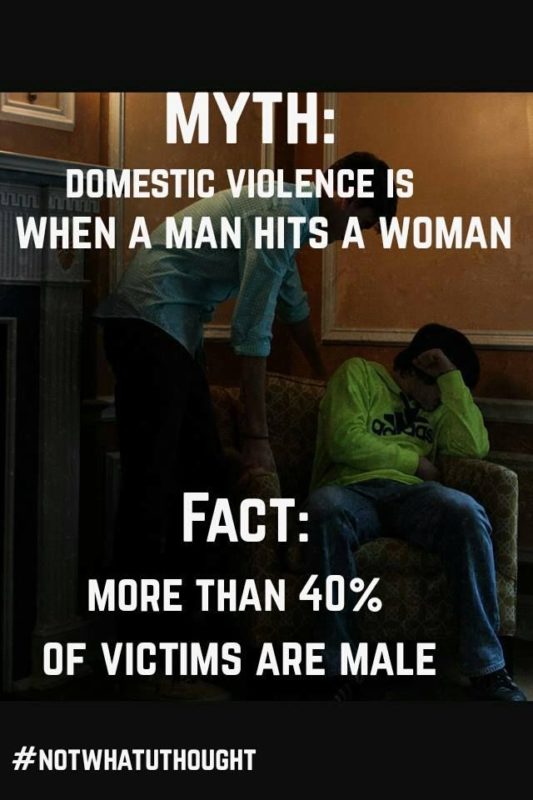
SEPARATION VIOLENCE AND ASSAULT (SVA)
Unfortunately, leaving doesn’t usually put an end to the violence and abuse. Time and time again, this can be the most dangerous point in a relationship. This period is what’s called Separation Violence and Assault. Its acronym is SVA.
According to www.aardvarc.org, a respected domestic violence information website, “Instead, (leaving) actually increases dynamics of violence and can initiate new levels of violence and new forms of retaliation from the abuser to the victim. In fact, many abusers believe that the victim ‘belongs’ to them and that as such, they are fully justified in doing whatever it takes to make sure that ‘their property’ remains theirs.” In an attempt to force the victim to reconcile with him/her, an abuser may escalate the violence.
But there is light at the end of the tunnel. The Violence Against Women Act (VAWA) provides protections for LGBTQ survivors of Intimate Partner Violence and Abuse. “In 2013, the re-authorization of the Violence Against Women Act created the first federal legislation to protect against discrimination based on sexual orientation and gender identity. VAWA-funded services like emergency shelter, crisis counseling, and attorneys are essential to helping survivors of IPV regain security,” said Justin Shaw from the Kansas City, Missouri’s Anti-Violence Project.

Makin’ Your “Great Escape!”
So, just how can you make your “Great Escape,” the term I’ve coined for my national seminars and workshops?
The Women’s Justice Center (www.justicewomen.com), which is headquartered in Santa Rosa, CA, outlines various steps:
- Your struggle to escape is heroic. Continually remind yourself that yours is one of the most worthy and difficult struggles of all.
- Reawaken your dreams. Oftentimes, IPV/A or DVA can snuff out all of your hopes and dreams. However, to free yourself, you’ll need those hopes and dreams to help carry you through the obstacles and tough times of escaping.
- Dealing with fears, risks. The majority of IPV/A victims feel fear, which can immobilize them from acting on their own behalf. However, you can help alleviate your fears by having the courage to tell anyone who will listen.
- Don’t be ashamed if you still love him/her. At the same time, however, be mindful and determined that the violence and abuse must be stopped—because the abuser’s not going to stop on his/her own.
- Often, the best strategy for breaking free of IPV/A is the exact opposite of the strategy for surviving it. In order to survive IPV/A, the victim usually does everything possible to avoid offending or upsetting the abuser, and exposing him/her. However, freeing yourself from IPV/A requires the exact opposite strategy.
- You deserve help. You need it. You can find it. It’s important to remember that it’s the abuser who caused you to feel this way and that it’s his/her behavior that’s criminal and unacceptable—not yours.
- Know your legal rights. You have a right to equal protection of the law, and to live free of any kind of abuse. Do your research!
- There are officials and institutions that can help you safely escape IPV/A. These include the 911 operator, police, county jail, district attorney and victim assistance. Become knowledgeable about, and avail yourself of these critical resources.
So, you CAN make your “Great Escape” from IPV/A. However, it involves careful planning—if at all possible. Utilize any and all resources at your disposal.
And so importantly: you must not and cannot keep silent! You have to tell. Someone. Anyone who will listen. Keep in mind that silence is the most potent, effective and deadliest weapon in the abuser’s arsenal.
And always remember: anyone—and I do mean ANYONE—regardless of size, strength, age, sexual orientation, race/ethnicity and/or income, can become a victim of IPV/A.
How do I know this?
Because I’m a Survivor.
Until We Return…
I have made it my ongoing–and fervent–mission to continue to shine a bright light on IPV/A, a demoralizing, horrific–and potentially life-threatening–cycle of behavior.
We Must RISE UP…And Tell! Someone. Anyone Who Will Listen. We must make our “Great Escape.”
And, always remember: the most powerful weapon the abuser has in his/her arsenal is…SILENCE.
If you or someone you know is experiencing IPV/A, call The National Domestic Violence Hotline (1-800-799-7233) or the Gay Men’s Domestic Violence Project Hotline (1-800-832-1901).
I have a special IPV/A section right here at Wyattevans.com that includes resources to assist victims. Visit: https://wyattevans.com/lgbtq-domestic-violenceabuse-making-your-great-escape/
The time is NOW to break the cycle!

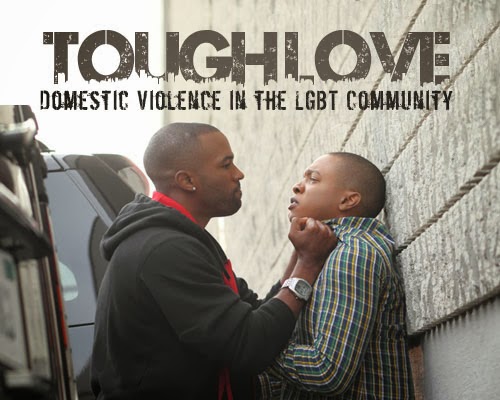

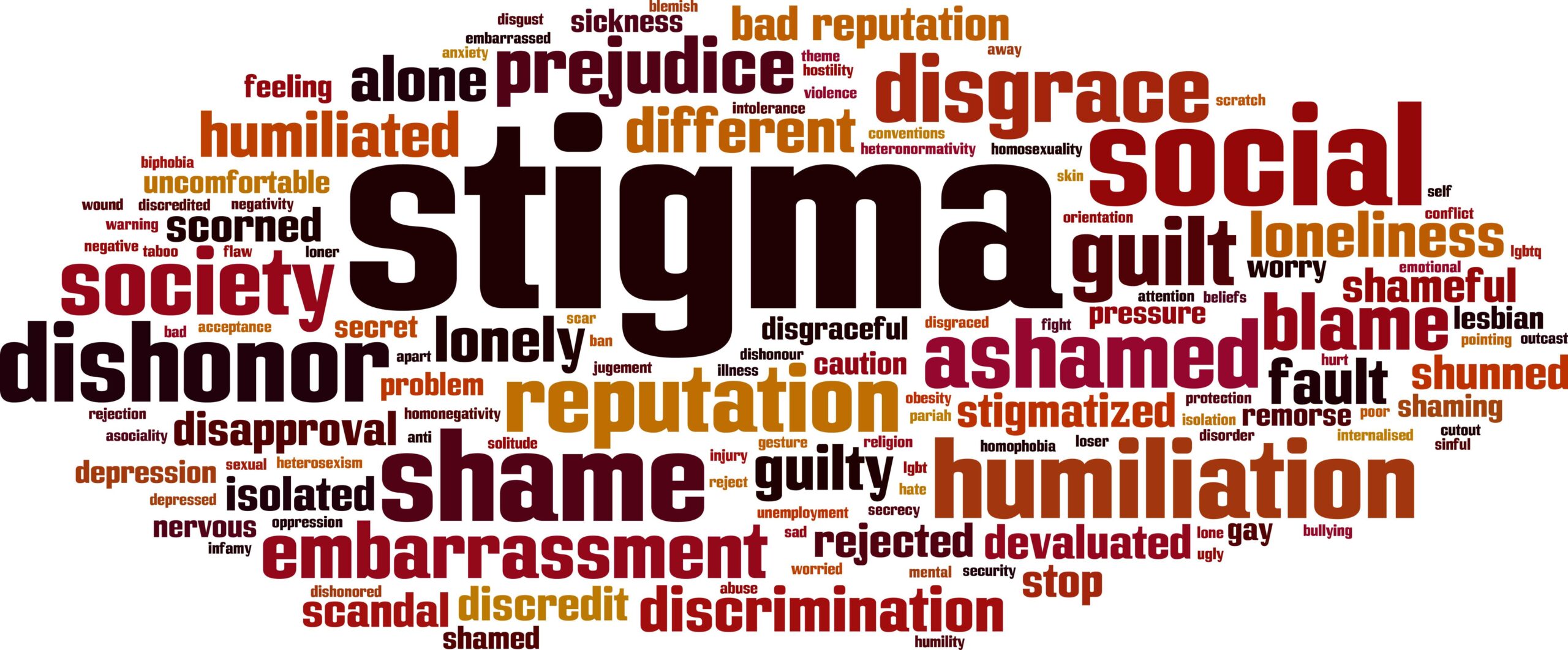
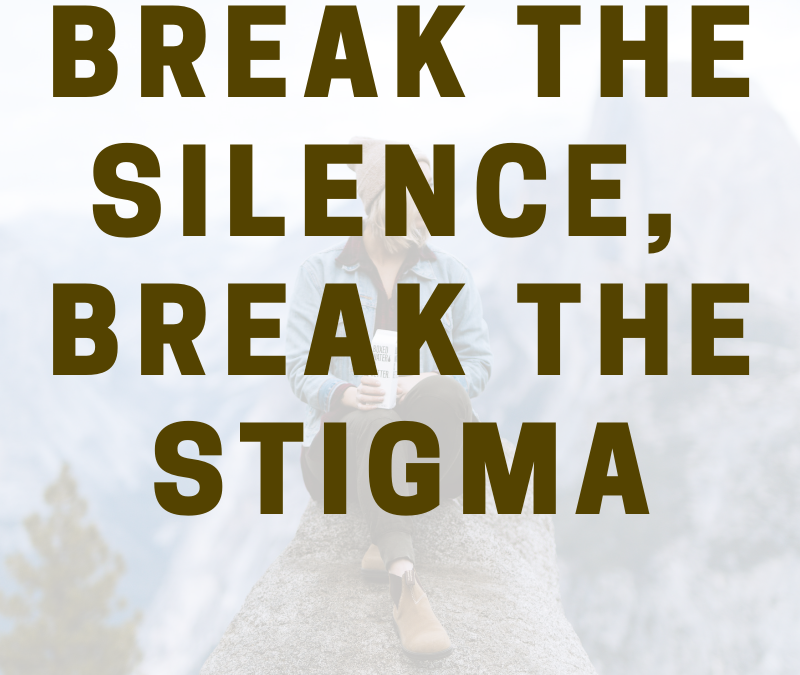
Leave A Comment